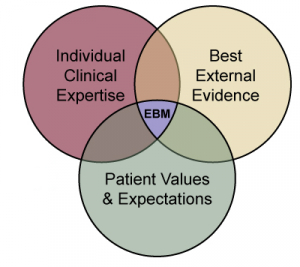I just returned from a 6 day long trip. It's been 13 months since I moved to Bangalore now and thought it's a good time to take a few days off, with not necessarily any purpose, but to just travel, relax, think, reflect, and get refreshed.
Traveled with Akshay and we decided on two places to spend time, Pondicherry and Sittilingi Valley, in Tamil Nadu. I shall mention to those wondering about the weird combination. I don't know when my fascination or perhaps obsession with Pondicherry started (probably when I heard stories from multiple people about the beach, the architecture, Auroville). What I remember is when I'm frustrated with the monotony of daily life I often told myself and to friends that I'd be going to Pondi the next day, while I never did. Hence this time, I was like why not really go?
Regarding choosing to go to Sittilingi Valley, remember I'd written about meeting Dr Swetha in the CMC Vellore MMed entrance exam who would be later going to work at Tribal Health Initiative at Sittilingi? I have kept in touch with her and thought of visiting her, and the place to learn from what they are doing and interact with the founders of THI. Also since it's a beautiful valley for the eyes and mind, it had to be in the our plan. This combination also made sure a mixture of conventional tourist place and an offbeat place which is exactly what I wanted!
With the plan of these 2 places and the onward ticket for a sleeper bus from Bangalore to Pondi, off we went on 21st night without thinking much about the accommodation or the specific itinerary. Gave me a feeling of being a adventurous traveler :P
It was surprising to meet a old friend from MMC in the same bus who was traveling to Pondi. Got us some time to catch up with each other.
Well, there's a lot to write about each of these places and thus I'd make them as followup posts.
Traveled with Akshay and we decided on two places to spend time, Pondicherry and Sittilingi Valley, in Tamil Nadu. I shall mention to those wondering about the weird combination. I don't know when my fascination or perhaps obsession with Pondicherry started (probably when I heard stories from multiple people about the beach, the architecture, Auroville). What I remember is when I'm frustrated with the monotony of daily life I often told myself and to friends that I'd be going to Pondi the next day, while I never did. Hence this time, I was like why not really go?
Regarding choosing to go to Sittilingi Valley, remember I'd written about meeting Dr Swetha in the CMC Vellore MMed entrance exam who would be later going to work at Tribal Health Initiative at Sittilingi? I have kept in touch with her and thought of visiting her, and the place to learn from what they are doing and interact with the founders of THI. Also since it's a beautiful valley for the eyes and mind, it had to be in the our plan. This combination also made sure a mixture of conventional tourist place and an offbeat place which is exactly what I wanted!
With the plan of these 2 places and the onward ticket for a sleeper bus from Bangalore to Pondi, off we went on 21st night without thinking much about the accommodation or the specific itinerary. Gave me a feeling of being a adventurous traveler :P
It was surprising to meet a old friend from MMC in the same bus who was traveling to Pondi. Got us some time to catch up with each other.
Well, there's a lot to write about each of these places and thus I'd make them as followup posts.


